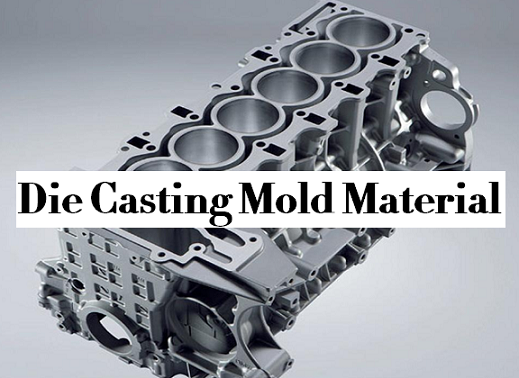All about Alcast Company
All about Alcast Company
Blog Article
Getting The Alcast Company To Work
Table of ContentsAn Unbiased View of Alcast CompanySome Known Questions About Alcast Company.10 Simple Techniques For Alcast CompanyLittle Known Questions About Alcast Company.Things about Alcast CompanyFacts About Alcast Company Uncovered
The subtle distinction lies in the chemical material. Chemical Comparison of Cast Aluminum Alloys Silicon promotes castability by minimizing the alloy's melting temperature level and improving fluidness throughout spreading. It plays an essential role in enabling detailed mold and mildews to be loaded properly. Additionally, silicon adds to the alloy's strength and use resistance, making it important in applications where sturdiness is important, such as auto parts and engine components.It likewise boosts the machinability of the alloy, making it easier to refine right into completed items. In this way, iron adds to the total workability of light weight aluminum alloys.
Manganese adds to the stamina of light weight aluminum alloys and enhances workability. Magnesium is a light-weight aspect that supplies stamina and influence resistance to aluminum alloys.
The Greatest Guide To Alcast Company
Zinc boosts the castability of light weight aluminum alloys and assists manage the solidification process throughout spreading. It improves the alloy's toughness and hardness.

The primary thermal conductivity, tensile stamina, yield stamina, and prolongation vary. Select suitable resources according to the performance of the target product generated. Amongst the above alloys, A356 has the highest thermal conductivity, and A380 and ADC12 have the most affordable. The tensile limitation is the opposite. A360 has the finest yield strength and the greatest prolongation price.
The Single Strategy To Use For Alcast Company

In accuracy casting, 6063 is appropriate for applications where intricate geometries and high-quality surface area finishes are vital. Examples consist of telecommunication rooms, where the alloy's premium formability enables streamlined and visually pleasing designs while keeping architectural honesty. Similarly, in the Illumination Solutions market, precision-cast 6063 components produce classy and efficient lights fixtures that need complex forms and excellent thermal performance.
The A360 shows premium elongation, making it optimal for complicated and thin-walled components. In accuracy spreading applications, A360 is fit for markets such as Consumer Electronic Devices, Telecommunication, and Power Devices.
The Ultimate Guide To Alcast Company
Its special residential properties make A360 a useful choice for accuracy spreading in these industries, boosting product durability and top quality. Aluminum alloy 380, or A380, is a commonly used casting alloy with a number of distinct attributes. It offers outstanding castability, making it an ideal selection for accuracy spreading. A380 exhibits great fluidity when molten, making sure detailed and detailed mold and mildews are properly duplicated.
In precision casting, aluminum 413 shines in the Customer Electronics and Power Devices markets. This alloy's exceptional corrosion resistance makes it an excellent option for exterior applications, making certain resilient, durable products in the stated markets.
Excitement About Alcast Company
When you have determined that the light weight aluminum pass away casting procedure is suitable for your job, a critical next action is selecting the most suitable alloy. The light weight aluminum alloy you choose will significantly affect both the casting process and the residential properties of the end product. Due to the fact that of this, you should make your decision thoroughly and take an enlightened approach.
Establishing the most ideal aluminum alloy for your application will mean considering a broad variety of features. The very first category addresses alloy features that influence the manufacturing process.
8 Easy Facts About Alcast Company Shown
The alloy you select for die spreading straight influences numerous elements of the spreading process, like exactly how simple the alloy is to function with and if it is susceptible to casting issues. Warm cracking, also called solidification fracturing, is a normal die spreading problem for light weight aluminum alloys that can lead to internal or surface-level splits or fractures.
Particular aluminum alloys are more prone to warm splitting than others, and your selection must consider this. It can damage both the actors and the die, so you should look for alloys with high anti-soldering buildings.
Corrosion resistance, which is already a notable characteristic of aluminum, can vary significantly from alloy to alloy and is an essential characteristic to think about depending upon the ecological see here now problems your item will certainly be subjected to (aluminum metal casting). Wear resistance is another residential property generally looked for in light weight aluminum items and can distinguish some alloys
Report this page